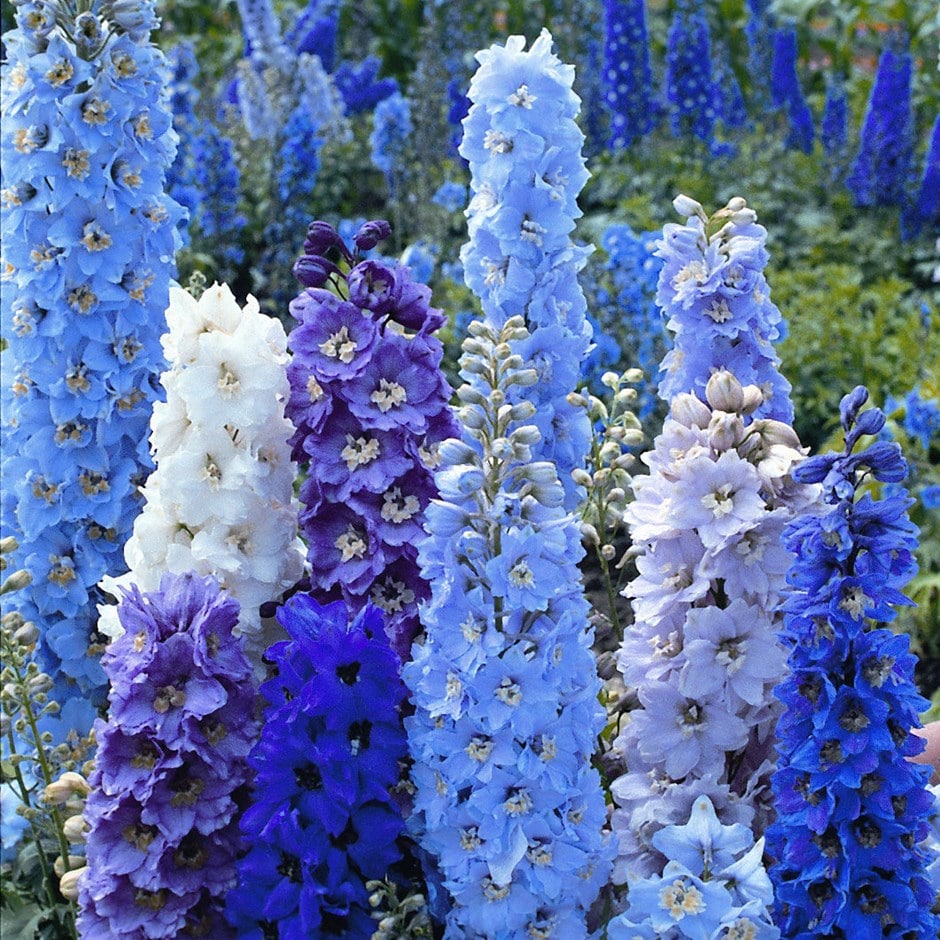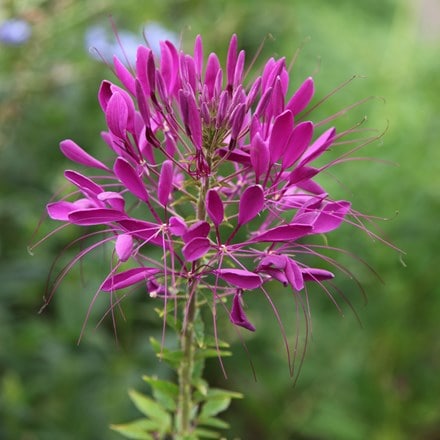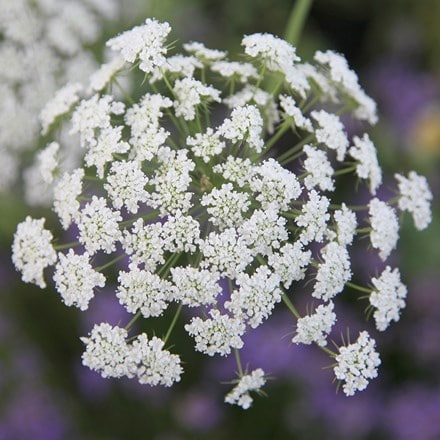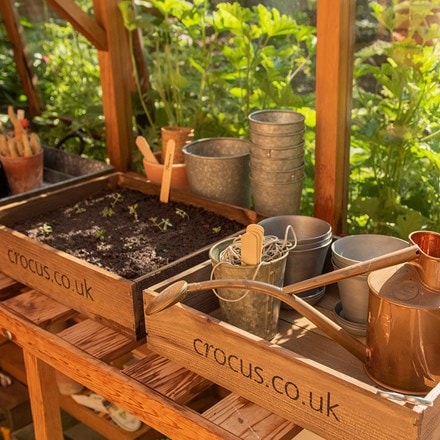Delphinium Pacific hybrids
delphinium
- approx 70 seeds
- £3.49
- In stock (shipped within 2-3 working days)
Delivery options
- Seed Packets (only) £2.99
- Position: full sun
- Soil: fertile, moist but well-drained soil
- Rate of growth: average
- Flowering period: June to August
- Hardiness: fully hardy
Tall biennials with magnificent spires of large, semi-double flowers and attractive, deeply lobed foliage. The flowers appear in a wide range of colours in early and midsummer, and it is for this that they are so highly prized.
Grow Delphinium Pacific hybrids in a sunny spot with rich, well-drained soil and provide some support before they get too tall.
Grow Delphinium Pacific hybrids in a sunny spot with rich, well-drained soil and provide some support before they get too tall.
For best results, plant in an open spot with fertile, freely-draining soil and protect the young foliage against slug and snail damage.
During the growing season, apply a seaweed or balanced liquid fertiliser every 2-3 weeks. While wearing gloves, stake the emerging flower spike with a stout bamboo cane and tie it in as it grows.
Cutting back the faded flower stems to a flowering side shoot will help encourage a second flush of flowers.
During the growing season, apply a seaweed or balanced liquid fertiliser every 2-3 weeks. While wearing gloves, stake the emerging flower spike with a stout bamboo cane and tie it in as it grows.
Cutting back the faded flower stems to a flowering side shoot will help encourage a second flush of flowers.
Sow delphinium seeds indoors from February to April or in late summer. Fill a seed tray or small pots with a fine, free-draining seed compost and firm gently. Sow seeds thinly on the surface and cover lightly with a thin layer of compost or vermiculite—light helps but they don’t need full exposure. Water from the base or use a fine rose to avoid disturbing the surface. Maintain a temperature of 15-18°C (59-64°F) and keep moist but not soggy. Germination may take 2-3 weeks.
Once seedlings are large enough to handle, transplant individually into small pots and grow them on in cooler conditions. Gradually harden off and plant out after the last frost. Late sowings should be grown on in pots and kept frost-free over winter, ready for planting out the following spring.
Once seedlings are large enough to handle, transplant individually into small pots and grow them on in cooler conditions. Gradually harden off and plant out after the last frost. Late sowings should be grown on in pots and kept frost-free over winter, ready for planting out the following spring.
- Humans/Pets: Harmful if eaten




